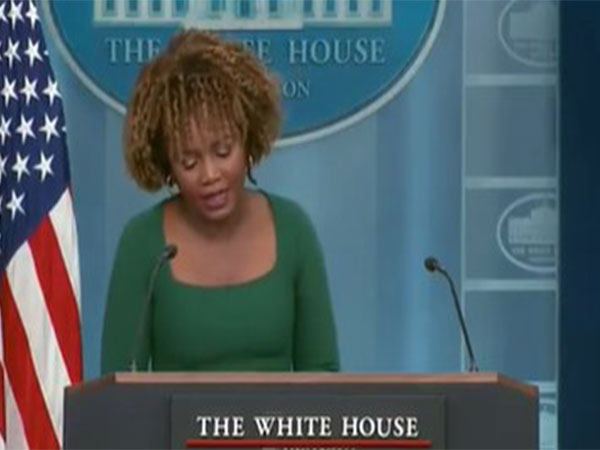U.S. Rejects ICC Arrest Warrants for Israeli Leaders, Netanyahu Calls Decision 'Modern Dreyfus Trial'
The United States has opposed the International Criminal Court's arrest warrants for Israeli leaders, citing jurisdictional concerns. Prime Minister Netanyahu condemned the move as antisemitic, likening it to the Dreyfus trial. The ICC charges include alleged war crimes in Gaza, which Israel and its allies firmly reject.

- Country:
- United States
The United States has firmly opposed the International Criminal Court's (ICC) recent decision to issue arrest warrants for Israeli Prime Minister Benjamin Netanyahu and former Defence Minister Yoav Gallant. Accused of "crimes against humanity and war crimes," the two Israeli leaders have been vigorously defended by the U.S. administration. White House Press Secretary Karine Jean-Pierre voiced the government's disapproval during a press briefing, highlighting critical process errors and a lack of jurisdiction that, according to the U.S., undermine the ICC's decision.
Jean-Pierre dismissed the prosecutor's evidence, particularly concerning the conflict between Israel and Hamas. She reinforced America's stance, emphasizing that the ICC's actions overreach its authority. Collaborating closely with Israel, the United States is assessing further steps. This move underscores U.S. support for Israel amid the ICC's proceedings against Israeli figures.
Amid these developments, Prime Minister Netanyahu publicly condemned the ICC's actions, labelling them "antisemitic" and reminiscent of the Dreyfus trial. Drawing parallels with historical injustices, Netanyahu accused the ICC of falsely charging Israeli officials with deliberately targeting civilians. He defended Israel's operations in Gaza, asserting that efforts were made to minimize civilian casualties and blaming Hamas for exploiting civilians as human shields.
Addressing accusations of enforcing starvation, Netanyahu revealed that Israel delivered extensive food supplies to Gaza, countering claims of a starvation policy. Additionally, he stressed that Israel had facilitated widespread polio vaccination in the region. These remarks were accompanied by criticism of the ICC's focus on Israel while allegedly ignoring other global conflicts. Netanyahu pledged to maintain Israel's defense strategy, backed by international allies, particularly the United States.
He expressed gratitude to the U.S. for condemning the ICC's actions and reaffirmed Israel's denouncement of the court's jurisdiction. Standing firm against what he describes as a biased legal stance, Netanyahu reiterated Israel's determination to protect its citizens and counter regional threats, aligning with its allies in a broader fight against terror.
(With inputs from agencies.)










